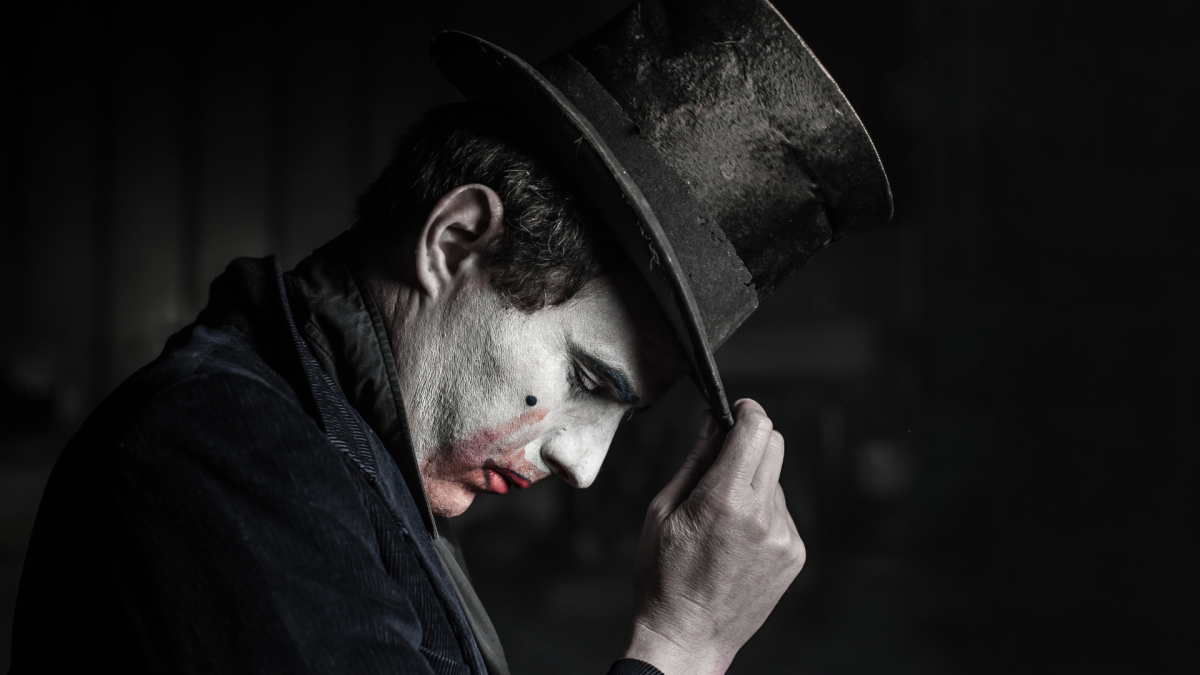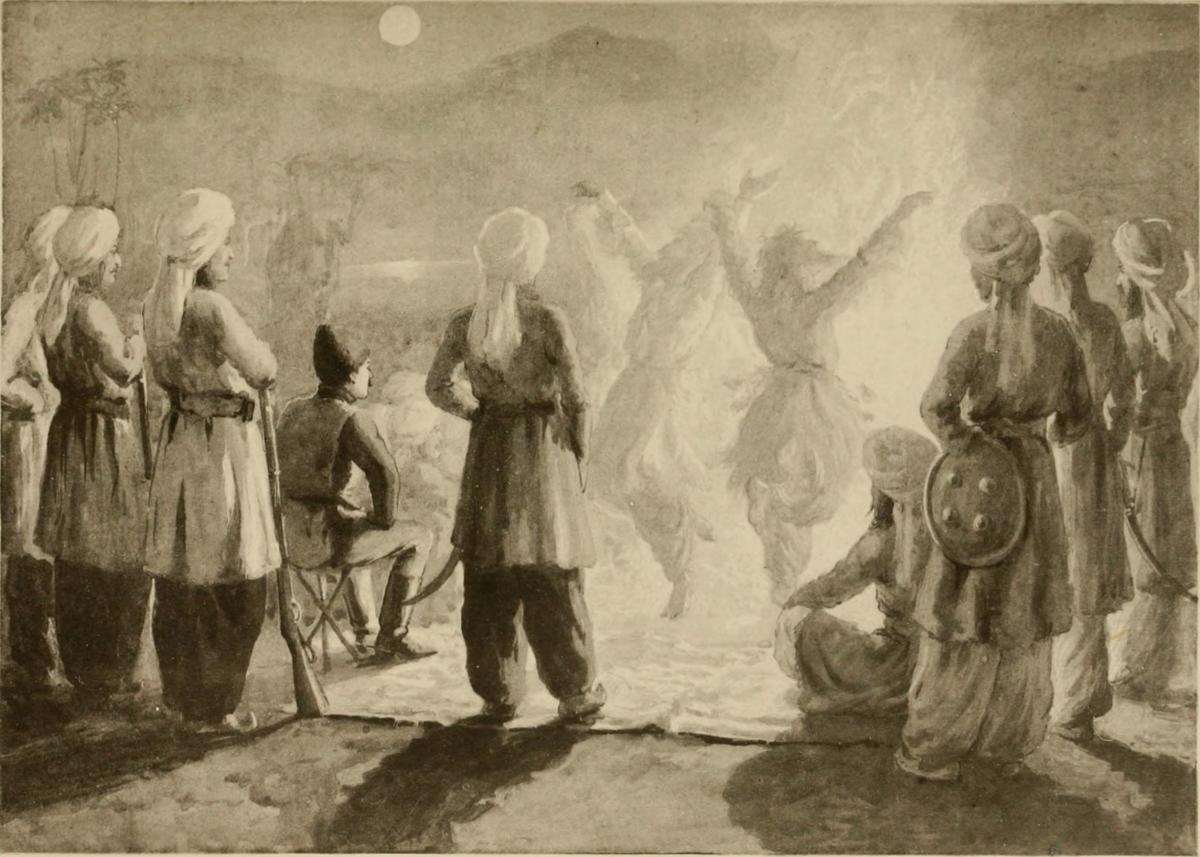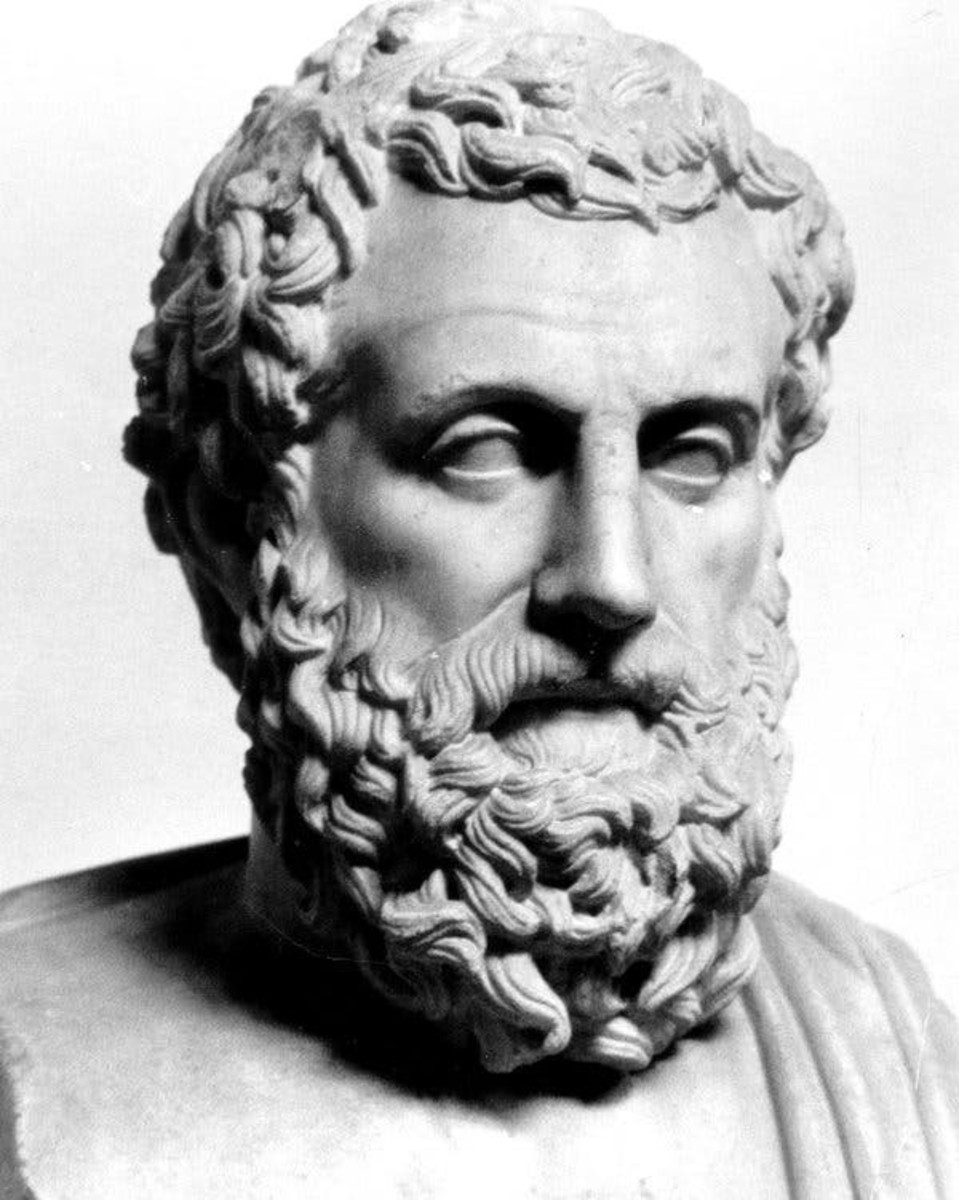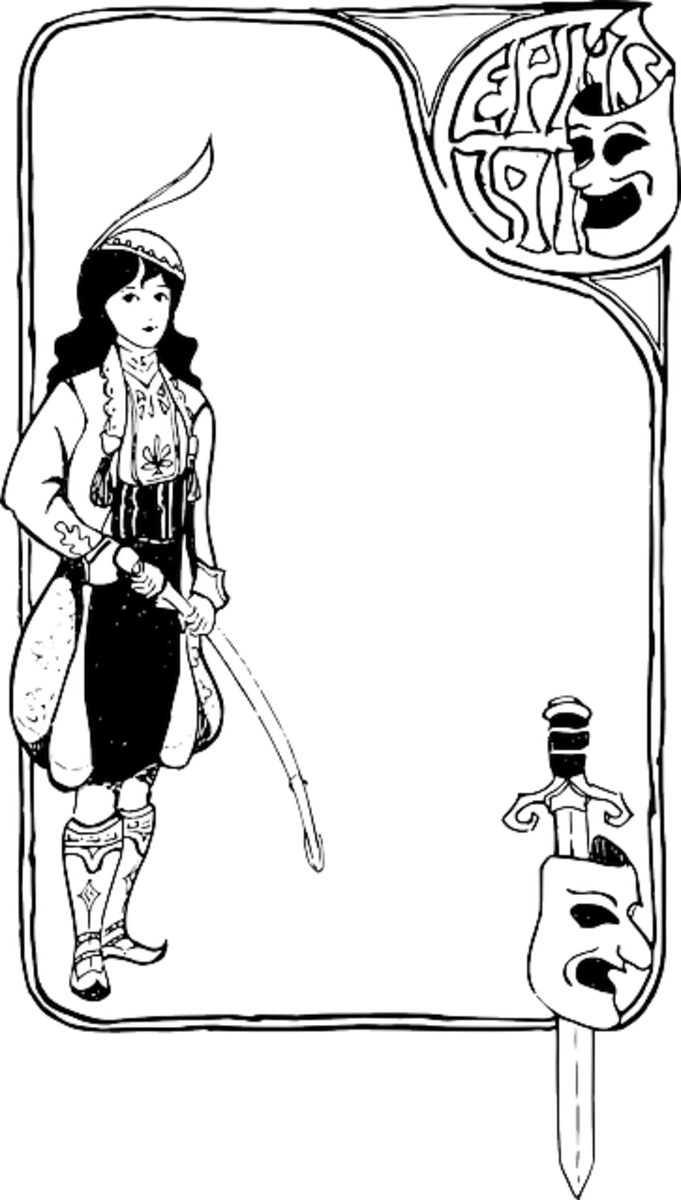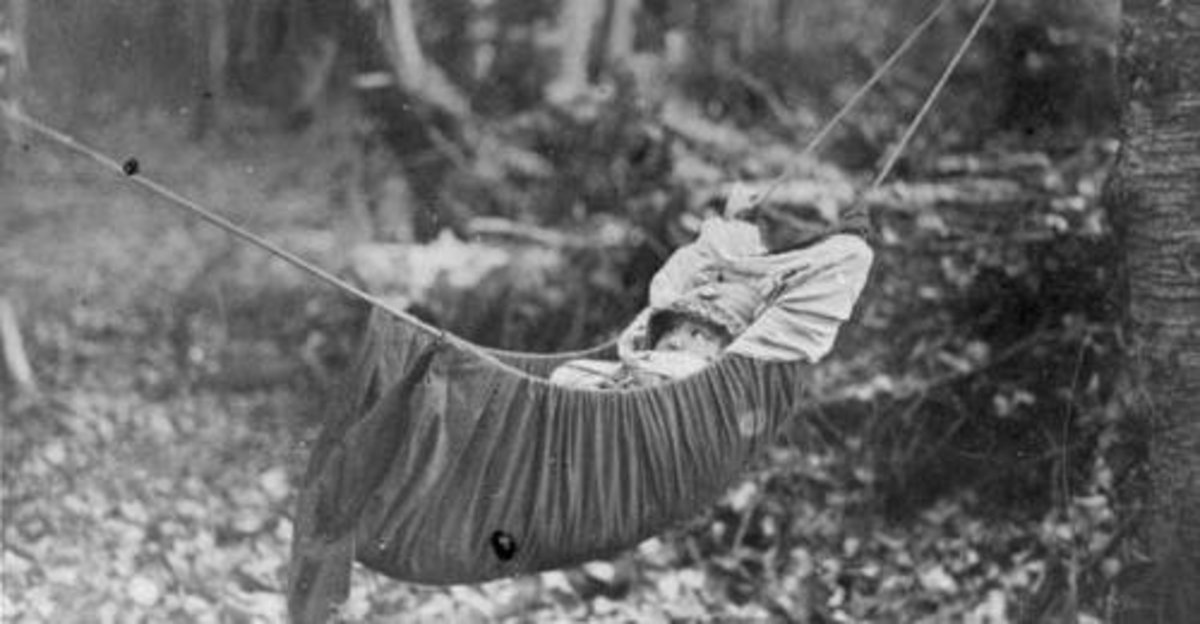Georg Lukacs and The Emergence of the New Dramatic Hero
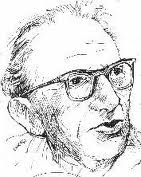
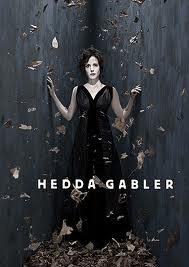
A look at how in drama of the late 19th Century,we see a new dramatic hero approach characterized by an internalization of struggles
The twentieth century was a period that saw great change within the theatrical culture of the time. There was widespread change to rules surrounding theatrical representations, resulting in the development of many new forms of theatre such as modernism and expressionism. It also resulted in the continuing development of already established theatrical forms like realism and naturalism. These new forms of theatre saw changes in the way the acting was done and the complexity of the stories. These dramas evolved to contain intricate, entangled storylines and personal fears and beliefs. Henrik Ibsen, Strindberg and Anton Chekhov are a few writers who took these modern ideals and created remarkable works of modern drama. Some fault modern drama for its failure to adhere to the classical model of drama, others view it as an evolutionary triumph and a select group seek an unbiased prospective from which to examine modern drama. One such analyst was Georg Lukacs (Gyorgy Lukács).
George Lukacs and The Emergence of A New Dramatic Hero
Georg Lukacs (Born 1885) wrote ‘The Sociology of Modern Drama’ in which he describes the difference between classic and modern drama. He maintains that by the twentieth century theatre saw the arrival a new dramatic hero. The new hero of modern drama differed from that of classic in many ways. Shakespearian drama for example involved deaths, internal anguish and misery and heroic monologues. In modern drama there is less of a spectacle, relying more on the internalized struggles of the characters to move the play forward. The tragedy now lies in the suffering of the characters rather than the actions of them. Where previous tragedy was brought on by the actions or directions taken by will of the characters, now the simple act of willing generates the tragedy (Lukacs, 1965). Renaissance drama was usually of great individuals. If we think of Shakespeare we see King Henry, a great figure in society and Othello and Hamlet were of high status. Modern drama consists of individualism. The main characters are not highly regarded in society yet their individual principles and beliefs are the main focus of their individualism. In Greek and Shakespearian drama one can easily make a distinction between the hero and his destiny but with the complexity of the modern hero these lines have been blurred. Take ‘Othello’ for consideration, his struggle to believe his wife innocent and faithful caused his devious actions which in turn caused many deaths. This is where the tragedy lies in classic drama. Whether the hero fell due to good or bad actions no longer bears any consideration, it is the fact the hero falls at all that’s tragic. If Lukacs was correct though, then the actions of Ibsens ‘Hedda Gabler’ would have no effect on the way the audience perceived her death or fall, as the fact that she died at all should be enough to cause sympathy. However, looking at her death completely disregarding her actions previous is not so simple. It is obvious that if it weren’t for her actions with Lovberg she would have had no need to commit suicide, therefor her death is a direct result of her actions. Chekhovs ‘The Cherry Orchard’ portrays a different style of tragedy. In this play the tragedy lies in the loss of a family orchard, not brought on by the actions of Madame Ranevskaya but instead by her inactions.
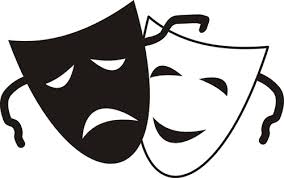
The New Hero
Lukacs also says that modern drama contains hero’s that are more passive than active. Chekhov uses speech instead of actions to push the story forward. Conventionally speech was used as two way communication. Characters talk to each other and indirectly to the audience simultaneously . In ‘The Cherry Orchard’ characters appear to be talking to themselves primarily for the purpose of giving the audience direct clarification (Deer, 1958). The conversation between Lopakhin and Dunyasha while they wait for Madame Ranevskaya’s train to arrive portrays how Chekhov uses speech to elaborate on certain information. After Dunyasha states that the train has arrived, Lopakhin talks about Living abroad for five years. Dunyasha then talks about dogs barking at night as if she hadn’t heard anything Lopakhin had said. They communicate occasionally and share the stage, yet they talk as if they are alone. Lopakhins monologue is purely for background information. The difference between modern drama and classic is obvious when we use a Shakespearian character. When they talk to themselves they engage in a struggle which is a representation of the central conflict of the play and which leads to new action.
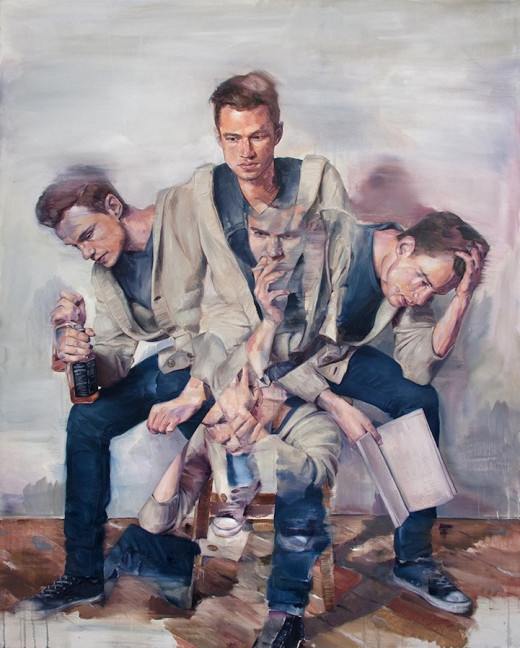
The Internal Hero
Lukacs also wrote that the characters of modern drama were pressured by internal struggles (Lukacs, 1958). He makes the point that the struggle although visible in classic tragedies is wholly different. Hamlet battled internally but he was not completely alone in his suffering. He had the admiration and respect of Horatio, but more importantly he knew about and believed in the ghost that Hamlet saw. Modern dramas are more secluded with personal internal struggles and the characters are completely alone in their struggle. Hedda Gabler and strindberg’s ‘Miss Julie’ both portray this isolated struggle. Although Hedda confides in Brack to a certain extent about what she did with Lovberg she is not completely open with him. Hedda’s struggle is living in a male dominated society under the traditions of her father and she feels completely helpless and insecure. She internalizes societies values and it’s this conflict that propels her contradictory behaviour. These are feelings she contains and keeps hidden making her struggle much more agonising than Hamlets. ‘Miss Julie’ similarly depicts internal struggles, this time of two main characters. The difference here is that both Jean and Miss Julie confess and express their own dreams and ambitions to each other. They are not completely alone in their anguish even though they both strive for separate things. Where Miss Julie dreams of falling from her current social class and escaping the clutches of her family, Jean wishes to rise in society. These dreams drive both characters movements. It propels Miss Julie to become intimate with Jean and finally to commit suicide. Modern hero’s also have both positive and negative traits. Othello is an honourable man with many admirable traits and the audience is expected to admire him until he falls prey to Iago’s games. Hedda is not so easily admired because of her boorish way of dealing with people. Yet she also has the courage to try to change her situation which is a commendable trait. Her behaviour is contradictory but also her motivation for doing what she does is unknown. This makes her character more complex and believable.
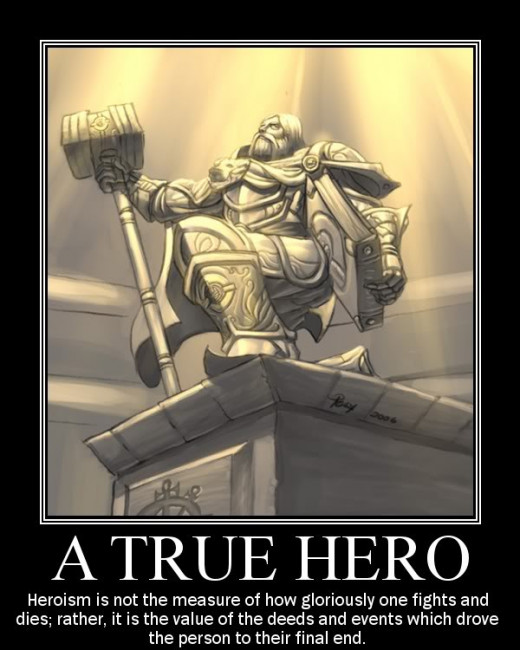
Conclusion
By the start of the Twentieth Century theatre had seen extensive change in the traditions of theatrical representations. This resulted in the development of many forms of theatre such as modernism and realism. With all these changes in theatre, modern drama’s became more realistic and less about theatrics. Georg Lukacs wrote about a new dramatic hero that emerged in the late Nineteenth Century. This new hero consisted of internal struggles and anguish which are causes of tragedy, it’s no longer the actions of the characters that determine whether the lay is a tragedy. In this respect Lukacs was both correct and incorrect. ‘The Cherry Orchard’ shows how Madame Ranevskaya’s inaction lost her the orchard while it’s directly Hedda’s actions that caused her tragedy in ‘Hedda Gabler’. Lukacs also says that this new hero is more ‘passive than active’. This is portrayed in ‘The Cherry Orchard’ where Chekhov uses speech to direct the action of the play. Where Shakespeare used monologues to illustrate the characters internal conflicts, Chekhov uses it to give extra information or elaborate on information for the benefit of the audience. There is also a difference in the support of the characters. In classic drama such as ‘Hamlet’ the characters are not alone. Hamlet has comfort in knowing that Horatio believes and understands him. Hedda has no confidante though and is completely alone in her conflict against a misogynist society. There is another exception to Lukacs theory in ‘Miss Julie’. Both Jean and Miss Julie confide in each other and share their dreams therefor are not as alone as Lukacs would suggest. Both Hedda’s and Miss Julie’s heroism lies in despair of living in a male dominated society and escaping it. Also, where Renaissance drama was usually of great individuals, modern drama is of individualism.
Although there are exceptions to Lukacs theories on modern drama’s and dramatic hero’s, his works have portrayed the change of classic theatrical drama to modern engaging tragedies with an abundance of internal conflicts and struggles against society.
Get Yourself Hedda Gabler Study Guide
Bibliography and references
Chekhov, Anton. The Cherry Orchard. Dover Publications Inc, 1991
Deer, Irving. Speech as action in Chekhov’s The Cherry Orchard. John Hopkins University Press, 1958
Ibsen, Henrik. Four Major Plays. Oxford Paperbacks, 2008
Knowles, Worthen, Tompkins. Modern Drama; Defining the Field. University of Toronto Press, 2005
Lukacs, Georg. The Sociology of Modern Drama. Green Mountain edition, 1965
L.Styan, J. Modern drama in Theory and Practise Vol 1. Cambridge University Press. New Edition, 1983
Strindberg, August. Miss Julie. Dover Publications Inc. New edition, 1992


